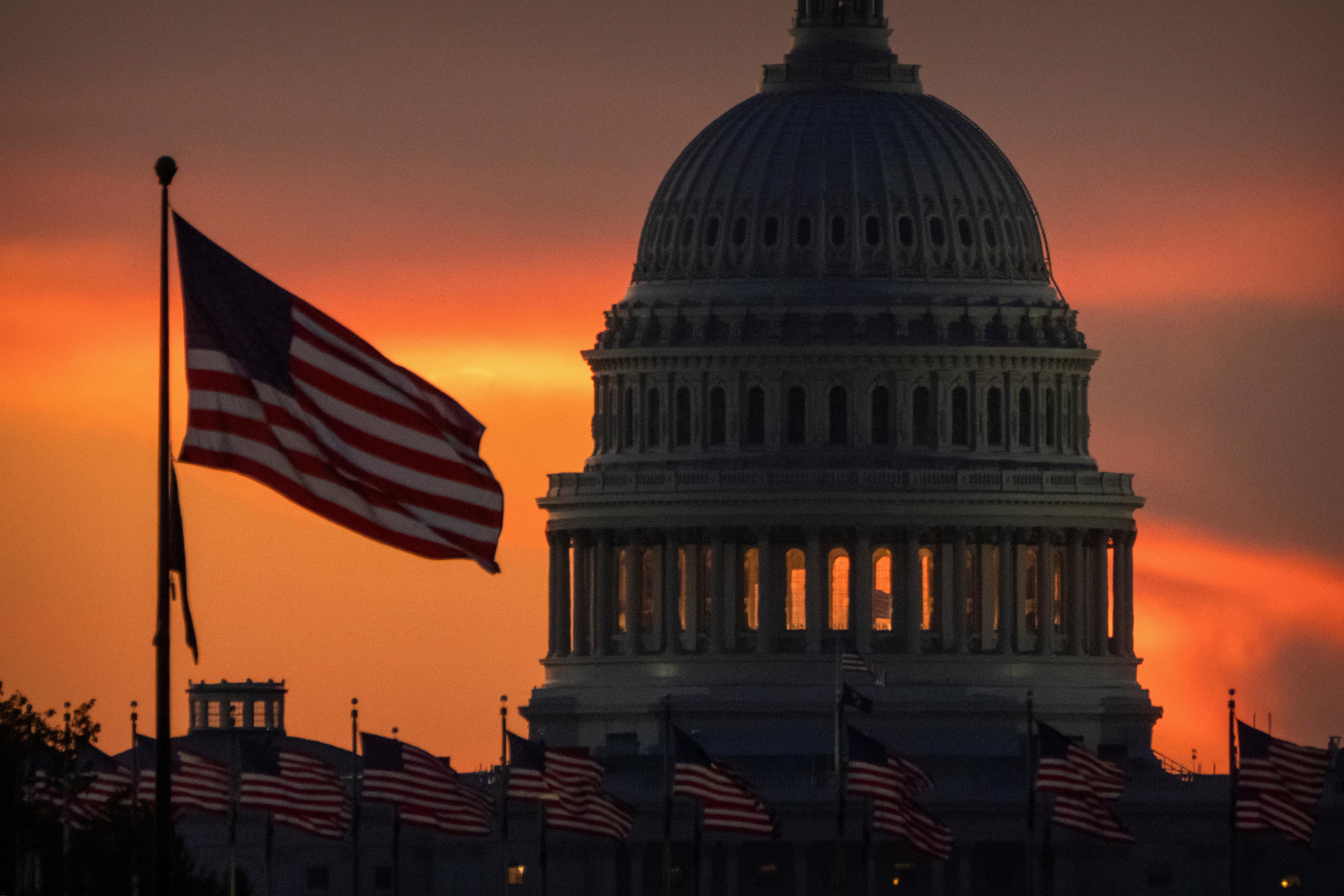Rep. Bennie Thompson, the state’s lone Democrat in Congress, says his party is right to demand the reversal of Trump-era health care funding cuts, arguing they put the lives of his constituents at risk.
Thompson says 81,000 people in his district use the federal marketplace to buy health insurance, and that the end of enhanced Affordable Care Act subsidies would make coverage unaffordable for most of them. He also warned that Medicaid funding cuts set to phase in after next year’s midterm elections could force eight hospitals in his district to close.
“It would be foolhardy of me to vote for any measure that doesn’t improve the healthcare outcome of citizens in my district,” Thompson said. “People sent me there to make a difference.”
Republicans cry obstruction
Mississippi Republicans are dismissing Democrats’ health care push as political theater.
On social media, Sen. Roger Wicker accused Senate Minority Leader Chuck Schumer of “holding the funding process hostage” and said Democrats should adopt the House stopgap funding measure to end the shutdown quickly.
Sen. Cindy Hyde-Smith echoed that message during an appearance on the conservative political podcast Ruthless, casting the shutdown as a ploy by Democrats to appease their base.
“I'm from Mississippi. You know, one in every four is on Medicaid in Mississippi, butthey think this is the opportunity that we can really come in with the crunch and they’re going to fold,” Hyde-Smith said.
Rep. Trent Kelly also blamed Democrats for the impasse, saying in a statement they “chose politics over the American people.”
In an email to supporters, Rep. Mike Ezell called the shutdown “both unnecessary and entirely avoidable” and said his offices remain open to help constituents during the lapse.
Rep. Michael Guest has not commented publicly on the shutdown and did not respond to interview requests.
Advocates weigh in
Outside Congress, some advocates say the shutdown debate should center on people who can’t absorb higher health care costs or reduced access.
Sonya Williams-Barnes, state policy director for the Southern Poverty Law Center in Mississippi, cited projections that the state’s uninsured population could increase by about 160,000 people if Medicaid cuts take effect under H.R. 1, also known as the “Big Beautiful Bill.”
“We need to remember them,” Williams-Barnes said. “They need to remember them as they make these decisions.”
Williams-Barnes, a former state legislator, said leaders sometimes must take difficult stances in the short term “for the better of the whole,” echoing Democrats’ argument that reversing the health care cuts is worth the consequences of a shutdown.
She added that Mississippi’s health care system is already fragile, pointing to gaps in access that hurt even urban areas, such as the lack of obstetrician services in Biloxi, which forces expectant parents to travel to Gulfport.
“It's real here in our state, and these cuts will be very real and very detrimental to citizens here who need healthcare,” Williams-Barnes said. … “They need to stop playing and remember the people that they are there to serve.”




